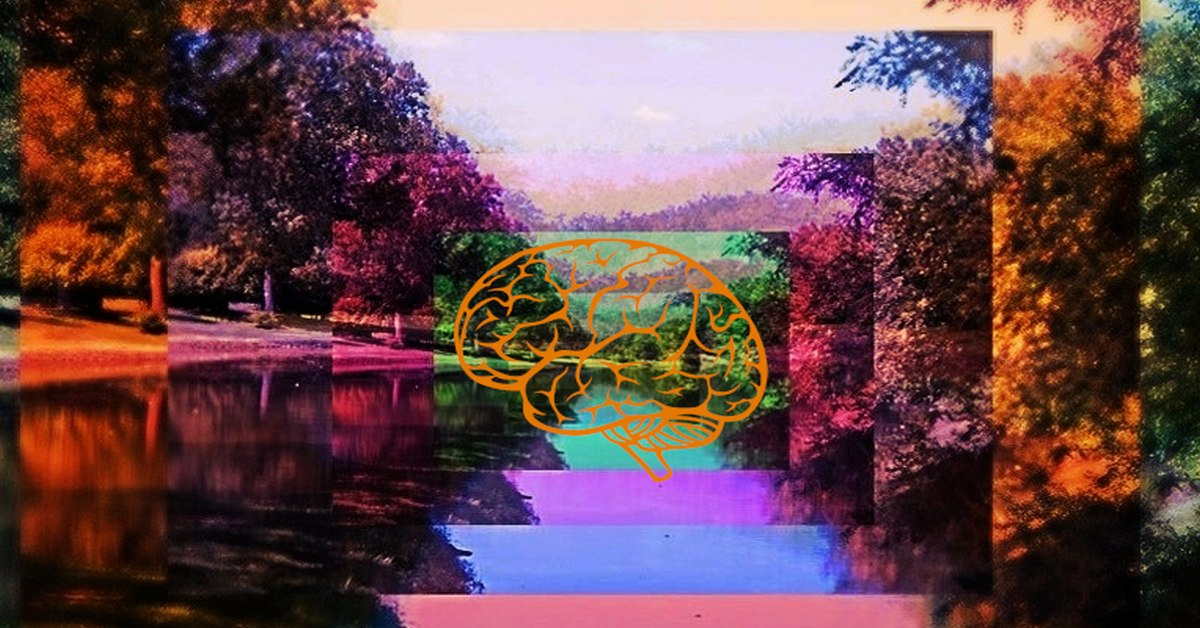An “accidental” scientific finding suggests that life may actually flash before our eyes as we die.

When a team of scientists were about to use neurological recording to measure the brainwaves of an 87-year-old man who had developed epilepsy, the patient unexpectedly suffered a fatal heart attack. The recording of a dying brain thus obtained yielded data that the scientists didn’t expect, BBC reports.
The data revealed that in the 30 seconds before and after death, the patient’s brainwaves followed patterns very similar to those produced while dreaming or recalling memories.
This kind of brain activity could suggest that a final “recall of life” may indeed occur during a person’s last moments, the team wrote in their study, published in Frontiers in Aging Neuroscience.
According to Dr Ajmal Zemmar, co-author of the study, the research team accidentally got the first-ever recording of a dying brain. But it’s too early to tell whether we will indeed be able to look back at good times with loved ones and other happy memories.
“If I were to jump to the philosophical realm, I would speculate that if the brain did a flashback, it would probably like to remind you of good things, rather than the bad things,” he said.
“But what’s memorable would be different for every person.”

Dr Zemmar explained that, in the 30 seconds before the man’s heart stopped supplying blood to the brain, his brainwaves showed patterns we normally produce when carrying out high-cognitive demanding tasks, like concentrating, dreaming or recalling memories.
The phenomenon was recorded for 30 seconds after the patient’s heart stopped beating – the point at which someone dying is typically declared dead.
“This could possibly be a last recall of memories that we’ve experienced in life, and they replay through our brain in the last seconds before we die,” Zemmar concluded.
The findings also raise questions about when, exactly, life ends – with the heart stopping beating, or the brain stopping functioning? Dr Zemmar warns against drawing broad conclusions, especially that the patient was epileptic, with a bleeding and swollen brain, complicating things further.
“I never felt comfortable to report one case,” said Dr Zemmar, who looked for similar cases after the initial recording in 2016 to help strengthen the analysis but was unsuccessful. But then, in 2013, a study carried out on healthy rats – offered a clue. In that study, too, US researchers recorded high levels of brainwaves at the point of the death until 30 seconds after the rats’ hearts stopped beating – the same what had been found in Dr Zemmar’s epileptic patient.
The similarities between studies are “astonishing”, according to Dr Zemmar.
The scientists hope that the publication of the only human case may open the door to other studies on the final moments of life.
“I think there’s something mystical and spiritual about this whole near-death experience,” Dr Zemmar said. “And findings like this – it’s a moment that scientists lives for.
“Something we may learn from this research is: although our loved ones have their eyes closed and are ready to leave us to rest, their brains may be replaying some of the nicest moments they experienced in their lives.”
